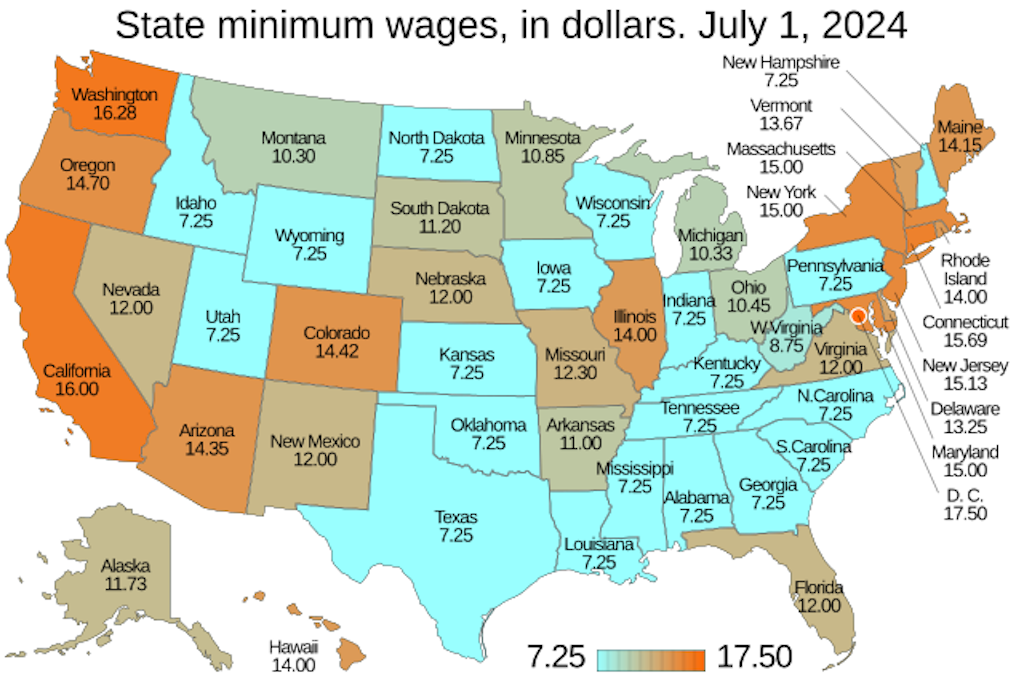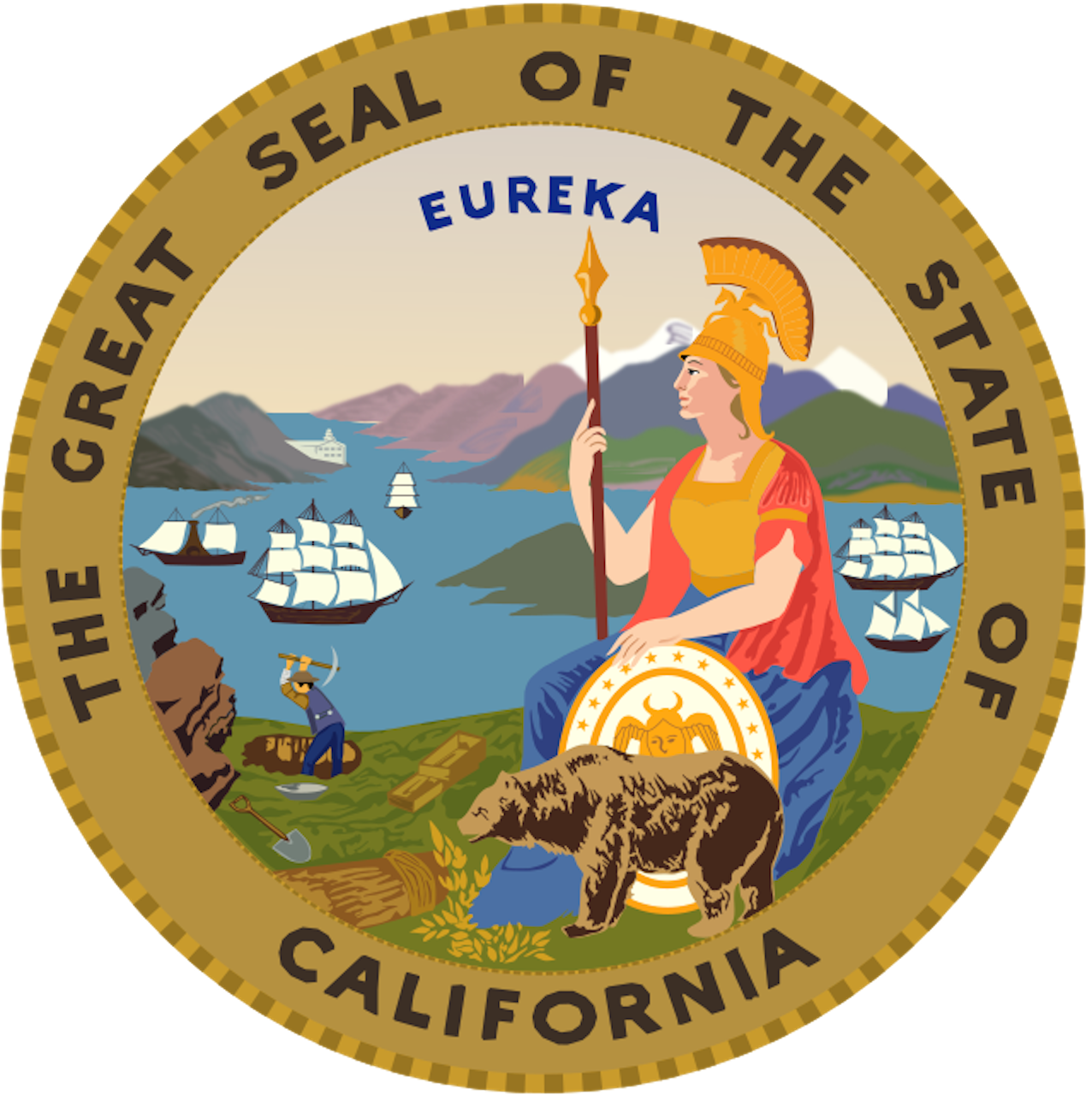
An analysis by Michael Hiltzik of the Los Angeles Times informs us that two recent studies have revealed that the concerns raised by the Wall Street Journal and companies have not come true. Hiltzik cites research from the Institute for Research and Labor Employment at the University of California at Berkeley according to which product increases to cover the cost of minimum wage increases have been very modest. Prices were increased by 3.7 percent, much lower than what the companies had announced. The second study from Harvard University and the University of California at San Francisco informs us that there were no job losses as companies that had been against the wage increase had warned.

The federal minimum wage in the US is $7.25. It hasn’t been raised since 2009 despite Bernie Sanders’ campaign wanting to raise it to $15 an hour. For tipped workers, it may even be lower in some Southern states. Sometimes, however, tips are not enough to meet the legally required minimum.
Now a new referendum would raise the minimum wage for all workers in California from the current $16 to $18 an hour starting January 1, 2025. The increase included in the referendum (Proposition 32) would be gradual and apply to all businesses except those with fewer than 25 employees. In this case the raise would be $17 an hour for 2025 and then $18 starting in 2026. The raises would also be indexed to inflation starting in 2027, which is very positive considering the difficulties of constantly negotiating.
The usual objections from traditional sources surfaced. The California Chamber of Commerce declared itself against Proposition 32 because the referendum would increase inflation and also increase the cost of living in California. The Chamber of Commerce adds that it would also harm workers because it would reduce jobs and also the number of hours they work.
If Proposition 32 passes in November’s election, which is already underway with early voting available in California, the Golden State would have the highest minimum wage in the country. In fact, since 2016, California has made increases to the minimum wage from $10.50 an hour to the current $16. Despite this, some cities like San Francisco and elsewhere in California have a minimum wage that goes above the minimum to try to mitigate the high cost of living. In San Francisco, for example, the minimum wage is already $18.67 an hour, and in Southern California it even reaches more than $19. In addition to the $20 for fast food workers, the minimum wage in California has also reached $23 an hour in the healthcare sector.

California has gradually increased its minimum wage since 2016. Fast food workers receive $20 an hour and those in the healthcare industry receive $23 an hour.
Minimum wage referendums in California historically pass, and it was believed that Proposition 32 would meet the same fate. This was the outlook at the start of the campaign when he was ahead by 19 points. The latest polls, however, suggest that 40 percent of Californians will vote for it while 49 percent are against it.
The cost of living in California, especially in the coastal areas where the vast majority of the population lives, is very high. To cover basic expenses you would need to earn $27 an hour, according to a study by the Massachusetts Institute of Technology. The passage of Proposition 32 would therefore not solve all the problems. However, it would help make some progress and obviously stimulate the economy since any increase would be spent on basic needs. At the same time it would reduce, albeit infinitesimally, the gap that exists between the rich and the lower class who earn the minimum wage.
TAG:
California, Gavin Newsom, Minimum Wage
CAT:
America

